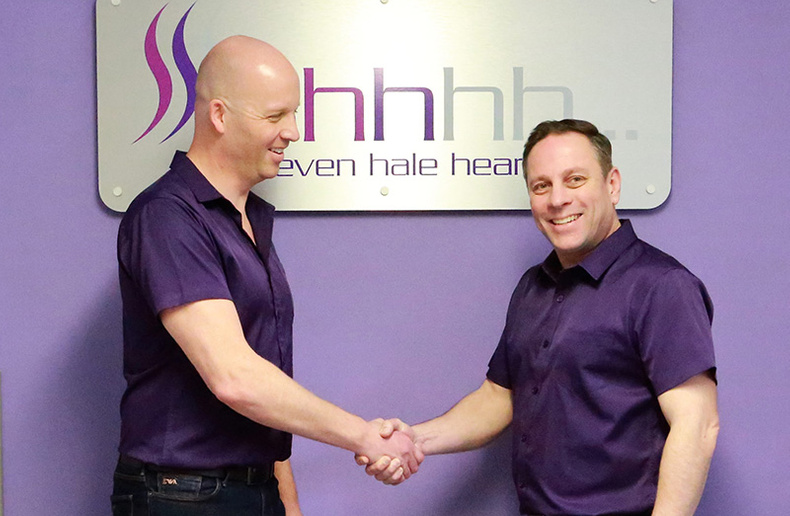Ear wax removal: Who are the professionals?

Written by Steven Hale from Steven Hale Hearing
One of the amazing things about today’s fast paced, ever-open society, is that we have access to almost infinite resources – including research.
Those amongst us who may never have blessed a search engine until recently, may now consider ourselves true ‘keyboard warriors’, able to give feedback, write reviews, and conduct our own research – mainly so that we ensure we get best value for money. Sometimes, however, what is ‘cheap’, may not be what is ‘good’, and this is especially true in the world of Audiology.
Who can remove ear wax?
The short answer is that, technically, almost anyone can remove ear wax. Yes, a one-day course you can buy online for not very much cost, will teach you to “remove ear wax” – essentially by scooping peanut butter from plastic ears, or chopped up elastic bands from narrow tubes, and then hey presto, you are qualified to remove ear wax.
This person will say they are qualified to perform the procedure – and some people even trust them. Maybe the process will even be successful, with no underlying complications or health issues to be addressed, no attention to customer service required, and no adherence to ethical standards mentioned. Some words of wisdom from my parents, however, ring in my ears every time I have a client come to me because they have had poor service or bad treatment elsewhere; “…buy cheap, buy twice…”.
So what’s your point?
Well, to add some proof to my point, just over a year ago, we added Nick to our team – you may have seen him on our website, a jolly chap with a huge grin. His background was in business, not medicine, but he approached me and told me that he was keen and committed to learning about Audiology and was really enthusiastic about providing life enhancing services to the community.
I was convinced.
So as soon as we started to research courses for him, I became blindingly aware of the range available – from awful to professional.
Of course, the more professional courses are lengthier, require in-person commitment, achieve professionally recognised qualifications, and have a vastly different cost structure for the student. They are also based around removing real wax, from real ears!
After much research, I decided that the best way to effectively invest in Nick, in keeping with my brand, company ethos and dedication to customer satisfaction, was to enrol him on the best course available. Sounds simple enough!
Sadly, Nick could not be enrolled by virtue of the fact that he had absolutely no experience of looking in people’s ears, which makes sense when you think about the importance of the role. (Lesser courses would have enrolled him immediately).
Ergo, the process meant that I had to first enrol him on a course teaching him the anatomy and physiology of the ear. Then, once he had passed, I had to mentor and monitor him looking into the ears of 25 different client’s ears (thank you all for your help with this) in order to prove to the course provider that he had the correct skills, aptitude and commitment.
This proved to be the case, and Nick was then accepted onto the very best course available, and he is now studying hard for his degree in Audiology so that he can qualify as an Audiologist, which is great news for us here at Steven Hale Hearing.
As his mentor, I know first-hand that the programme of study is lengthy, testing and thorough. Nick continually asks my opinion and draws upon my expertise to ensure he is accurate and compliant with medical and industry guidelines – I sometimes ask him questions too, as his knowledge is much newer than mine. We do this because we are professionals. We are Audiologists.
Still not convinced?
Please be under no illusion that Audiology is easy – in the same way that cosmetic surgery is not.
Whilst a person may seem to be able to remove lumps of wax from your ear, would they notice if they were looking at an abnormal tympanic membrane, or be able to spot cholesteatoma, an infection or middle ear effusion? Would they even know what these terms means? Undiscovered, these could potentially be life changing, and cause irreversible damage.
In summary
With something as important as your body, would you trust a tattooist to ink you, or taxi driver to chauffeur you, a chef to cook for you, or a teacher to teach you after one day’s training. I very much doubt it. Of course, Nick will have to create his own successful bedside manner – some things simply can’t be taught!
